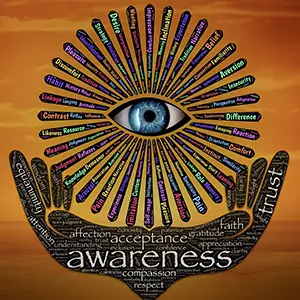The Buddha, whose birth name was Siddhartha Gautama, was a wandering ascetic and religious teacher who lived in South Asia during the 6th or 5th century BCE. He is the founder of Buddhism, one of the major religions and philosophical systems of southern and eastern Asia and the world.
According to Buddhist legends, Siddhartha Gautama was born in Lumbini, which is now in Nepal, to royal parents of the Shakya clan. However, he renounced his home life to live as a wandering ascetic. After leading a life of mendicancy, asceticism, and meditation, he attained nirvana at Bodh Gaya, which is now in India.
The Buddha then wandered through the lower Indo-Gangetic Plain, teaching and building a monastic order. He taught a Middle Way between sensual indulgence and severe asceticism, leading to freedom from ignorance, craving, rebirth, and suffering. His core teachings are summarized in the Four Noble Truths and the Noble Eightfold Path, which provide guidance for achieving liberation from sufferings.
The Buddha’s teachings have had a profound impact on philosophy, including areas such as epistemology, metaphysics, and ethics. Buddhism and Buddhist philosophy have a global following and continue to be studied and practiced by many. Now lets go on a journey below.






